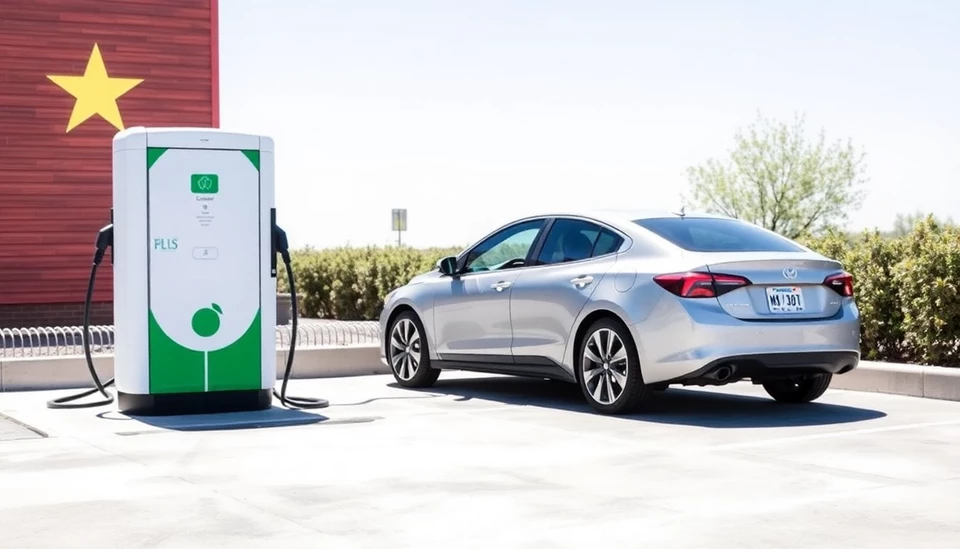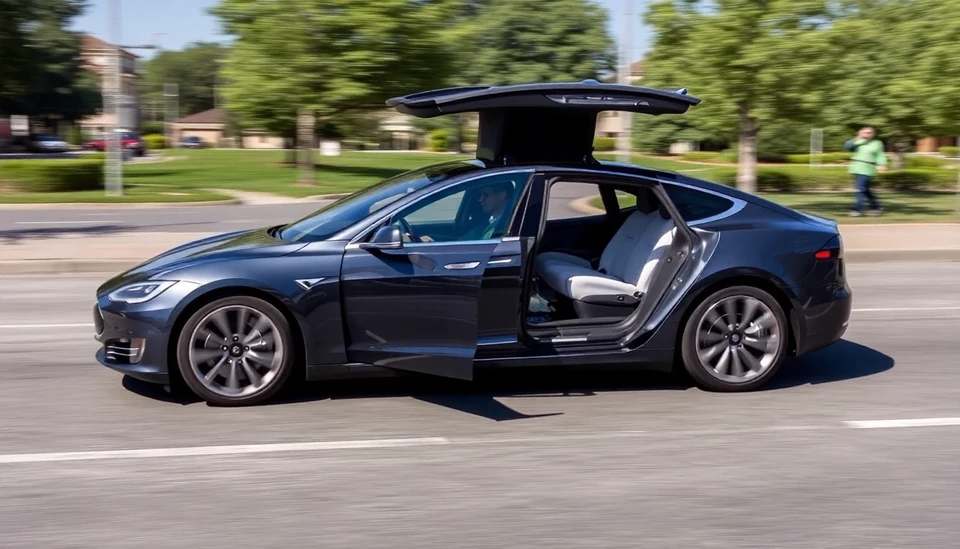
In a bold move to accelerate its transition to renewable energy, California has unveiled plans to enhance its electric vehicle (EV) charging infrastructure, a decision that has significant implications for the state's biofuel sector. The initiative aligns with California's broader objectives to combat climate change and reduce reliance on fossil fuels, but it raises questions about the future of biofuels, which have been a critical part of the state's energy strategy.
The newly proposed policy will focus heavily on expanding the network of EV charging stations across the state. This ambitious project is designed not only to facilitate the rapid adoption of electric vehicles but also to significantly reduce greenhouse gas emissions. California aims to have 1.2 million zero-emission vehicles on the road by 2030, and part of this goal requires a substantial increase in the availability of charging stations, particularly in rural areas that are often underserved.
As the state allocates funding and resources to support EV charging infrastructure, the biofuels industry is feeling the effects. With California's push towards electrification, investments in biofuel production and distribution may face setbacks, as policymakers prioritize the development of electrification over traditional biofuel advancements. Biofuels, which have been promoted as a cleaner alternative to fossil fuels, are now being sidelined in favor of electric technology that promises to deliver higher efficiency and lower emissions in the long run.
Industry experts are concerned that this shift could stunt the growth of biofuels, which have shown promise in reducing carbon emissions and diversifying fuel sources for transportation. The biofuel sector has also been keen on innovation, with numerous companies investing in advanced biofuel technologies that could potentially complement California's goals for carbon neutrality. Critics of the new plan argue that by sidelining biofuels, California could be missing out on a critical opportunity to explore a more diversified energy portfolio that includes both electric vehicles and sustainable biofuels.
The state's decision comes amid a broader national and global trend favoring electric vehicles. As more states adopt similar policies aimed at reducing emissions and promoting sustainable energy consumption, the biofuels industry is faced with a pressing need to adapt. This could involve focusing on enhancing the sustainability of biofuel production methods or exploring new technologies that integrate electric and biofuel systems.
While the promise of electrification is undeniable, the debate surrounding the role of biofuels in California's energy landscape is just beginning. Industry stakeholders will need to engage with policymakers to ensure that the potential of biofuels is not entirely overlooked as the state pushes forward with its ambitious EV plans.
As California forges ahead with its electrification agenda, the outcome of this policy shift will be closely monitored by energy sectors nationwide, highlighting the delicate balance between advancing technology and maintaining a diverse, robust energy economy.
Only time will tell if California's commitment to electric vehicles will overshadow the biofuel sector or if a collaborative approach can be found that leverages the strengths of both energy sources.
#California #ElectricVehicles #Biofuels #RenewableEnergy #EVCharging #ClimateChange #SustainableEnergy
Author: Samuel Brooks




